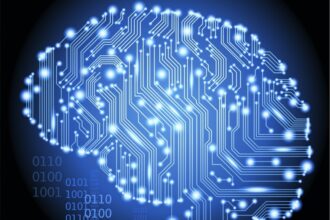The New York Times had an article last week on the cadre of physicists that became quants in the financial industry (sub. req.). It features a refrain that echoes in just about every article about the credit crisis: models that worked, until they failed:
Another consequence is that when you need financial models the most — on days like Black Monday in 1987 when the Dow dropped 20 percent — they might break down.
I remember working in The City in the late 90’s and Wall Street in the early 00’s and remarking then that just about every quant had a physics or engineering background. I met very few statisticians. (Had there been more, it would have been easier to sell the merits of S — my job at the time — versus Matlab which along with Excel was endemic.) Quantitative models have taken a hefty share of the blame for the credit crisis, but I wonder whether the blame lies more in their application, rather than the models themselves. Statisticians are trained on the limitations of models (
Box: “all models are wrong, but some are useful”), and how to detect when models are breaking down, but statisticians were woefully underrepresented amongst quants. Do physicists and engineers get si
…
The New York Times had an article last week on the cadre of physicists that became quants in the financial industry (sub. req.). It features a refrain that echoes in just about every article about the credit crisis: models that worked, until they failed:
Another consequence is that when you need financial models the most — on days like Black Monday in 1987 when the Dow dropped 20 percent — they might break down.
I remember working in The City in the late 90’s and Wall Street in the early 00’s and remarking then that just about every quant had a physics or engineering background. I met very few statisticians. (Had there been more, it would have been easier to sell the merits of S — my job at the time — versus Matlab which along with Excel was endemic.) Quantitative models have taken a hefty share of the blame for the credit crisis, but I wonder whether the blame lies more in their application, rather than the models themselves. Statisticians are trained on the limitations of models (
Box: “all models are wrong, but some are useful”), and how to detect when models are breaking down, but statisticians were woefully underrepresented amongst quants. Do physicists and engineers get similar training?






